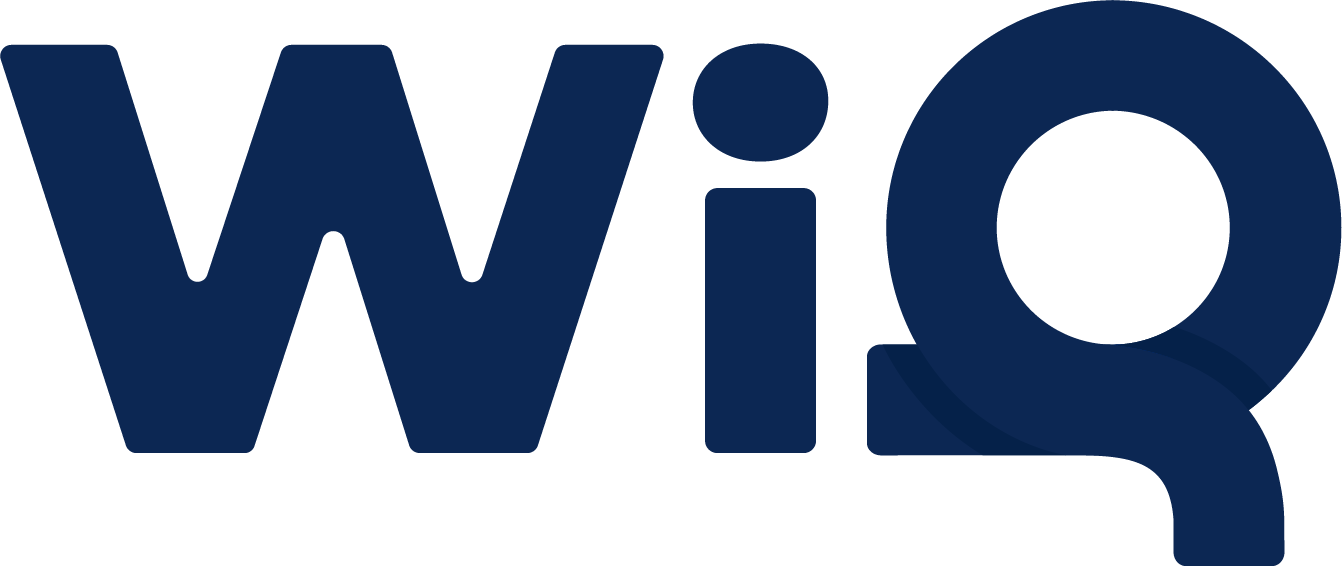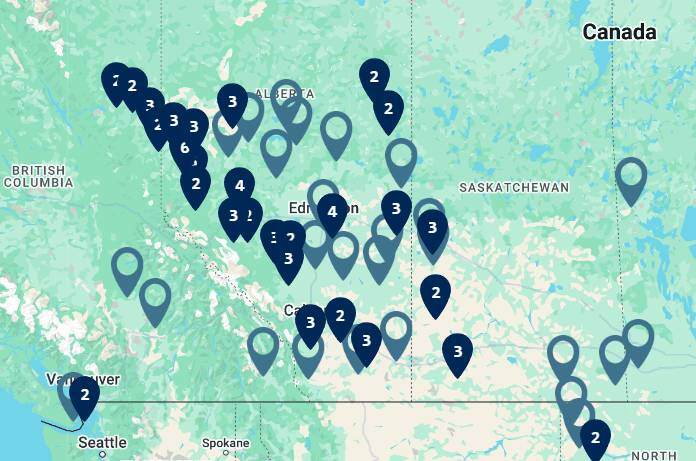SECURE’s ESG idea submission process has seen lots of activity since its launch in November 2021.
One of the first ESG ID ideas submitted was from Deanna Chauvet, Operations Manager of Waste Management, Environmental Solutions, in northeast British Columbia. Deanna shared an agricultural recycling pilot project SECURE is involved with.
For the past ten years, we have been contracted by the Peace River Regional District (PRRD) for waste management services across 13 sites, employing over twenty people. The PRRD is the largest regional district in British Columbia, covering over 119,000 square kilometers with a population of over 66,000 that reside in seven incorporated municipalities and four rural electoral areas.
SECURE’s employees overseeing these sites are trained to assist customers with all the PRRD’s recycling initiatives, the latest of which is the Cleanfarms program. This project is part of a wider, Canada-wide initiative working towards building a Zero-Plastic-Waste Strategy for Agriculture.
It’s estimated that Canadian farmers use nearly 62,000 tonnes of ag plastic products and packaging annually and the goal of Cleanfarms programs is to reduce this plastic waste to zero.1
Given the longstanding relationship we have with the PRRD, Deanna was invited to participate in the PRRD’s Public Technical Advisory Committee (PTAC) where the district completed a review and update of its Regional Solid Waste Management Plan. This plan sets the direction for how the district manages recyclables and waste over the next 10 – 15 years.
“It’s a very interesting planning and review process and I was pleased to be a part of it," says Deanna. "One of the outcomes of the process was the Cleanfarms pilot program that we are supporting in the PRRD that is running today.”
The PRRD pilot recycling program is starting with baler twine and grain bags. Farmers across the regional district can drop off their baler twine and grain bags at five sites that SECURE operates.
The PRRD is the only district of the three in northern BC that is running the pilot program for recycling grain bags. Farmers can book a grain bag roller, free of charge, take it to their property and roll their large agricultural plastic grain bags into bales. These bales are then taken into a transfer station in the district to be recycled through the Cleanfarms program.

Photo caption: Grain bags to be recycled.
“I am proud of our company for having strong, long-standing relationships with communities and districts like the PRRD," she adds. "It is exciting to be a part of this pilot project, and support other Recycle BC initiatives where we can help coach and work with the community on the recycling options available."
This pilot project is just kicking off and SECURE has recently started accepting the twine and grain bags for recycling at sites and will be picked up when a large enough volume of material has accumulated for final recycling. Given the large nature of grain bags – think about a massive marshmallow - and twine, the sites have allocated specific space for receiving these agricultural recyclable materials.

Photo caption: Grain bags transported for recycling.
Deanna expects this recycling program to pick up in the spring, especially when the PRRD hosts its annual spring cleanup. This spring cleanup is a two-week program where the PRRD sites are open every day with extended hours to receive waste from the community at no cost to citizens.
The PRRD is responsible for tracking the program and as it proceeds, we will share the metrics. We look forward to seeing how this pilot recycling program proceeds.
1. Source: https://cleanfarms.ca/






